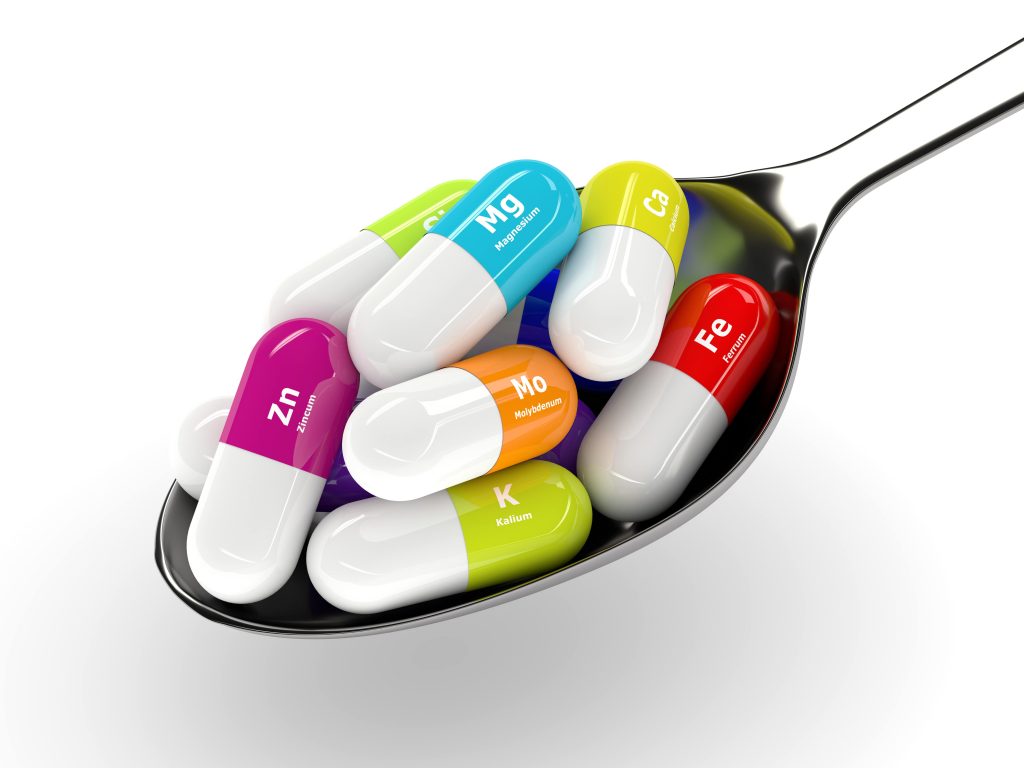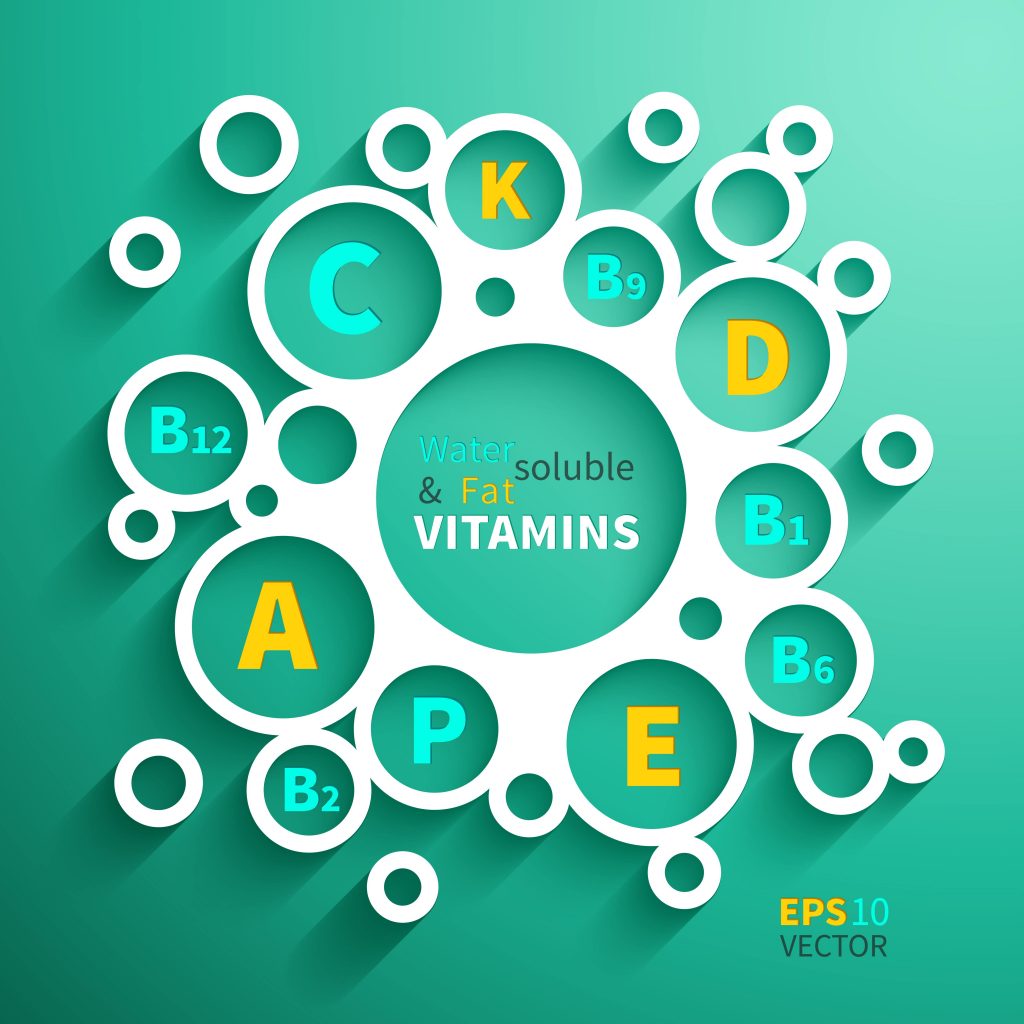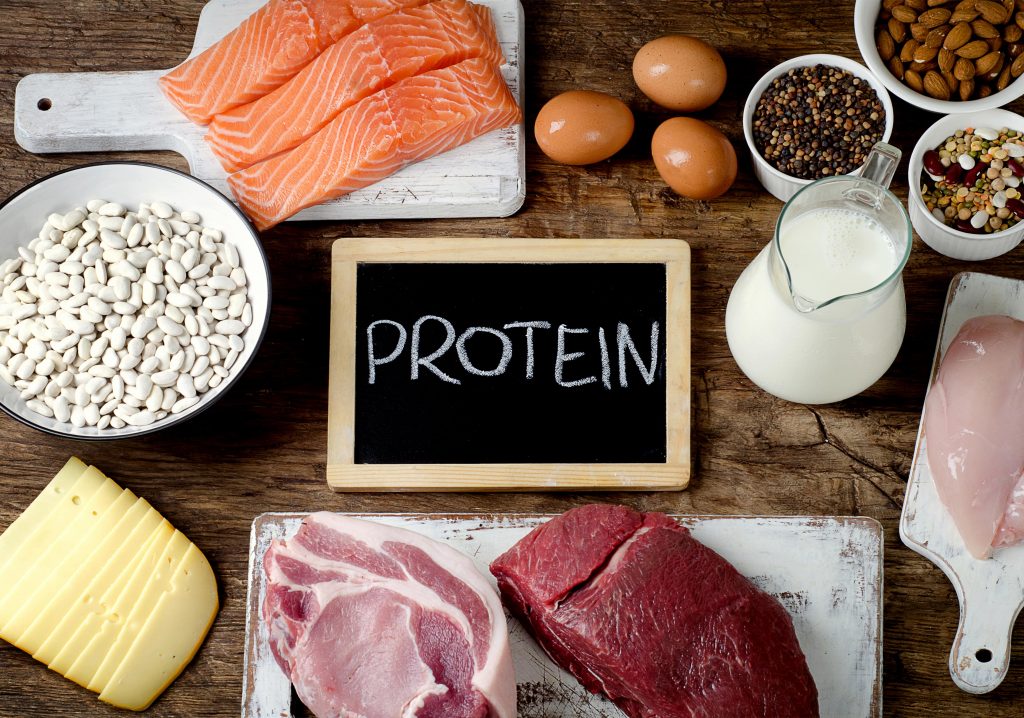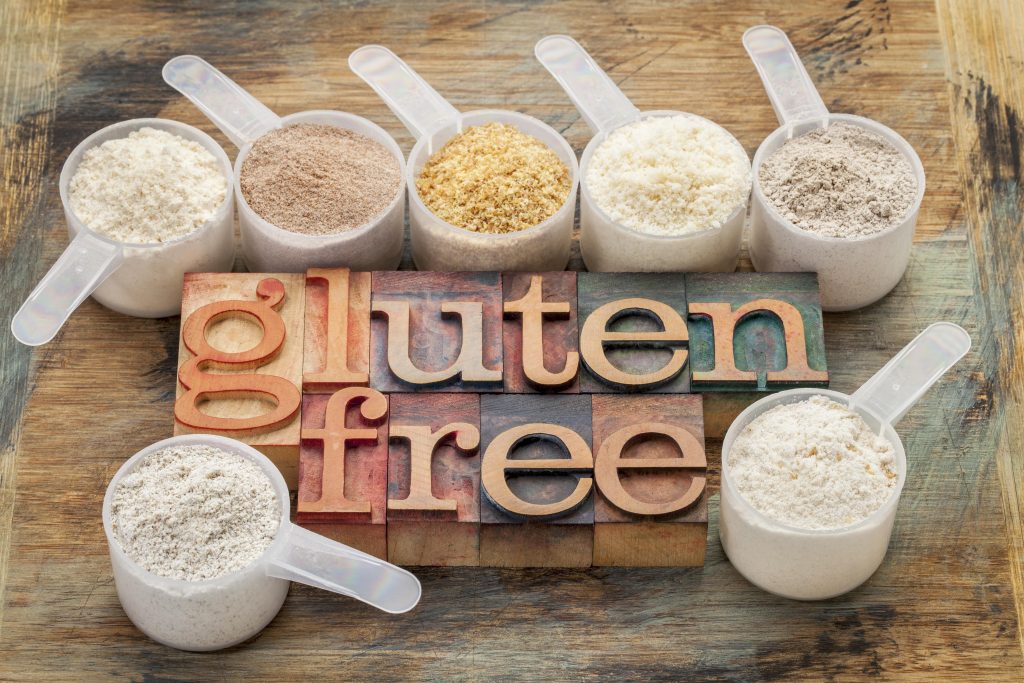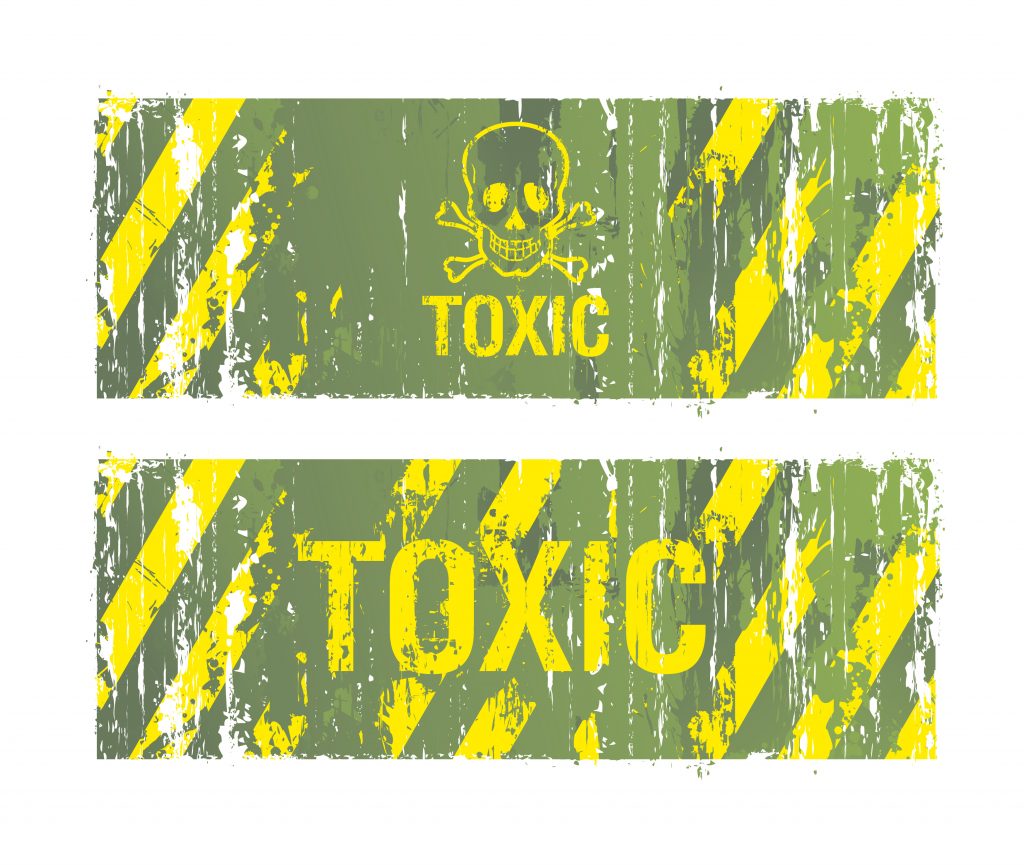The health benefits of moringa powder also known as drumstick or malunggay. Moringa powder is made from the dried leaves of the moringa oleifera, a drought resistant tree native to warm climates like India. This has been used as a natural medicine for thousands of years and is known as the miracle tree. You can purchase organic moringa powder from health food stores and take between one to two teaspoons per day to help heal diseases and infections in the body.
Let’s us explore the many benefits of this powerful powder while first keeping in mind to consult your healthcare professional before taking any supplements.
Reduces inflammation
Moringa powder contains 46 different types of antioxidants and a wide range of anti-inflammatory compounds making it one of the most powerful super foods in the world. This helps to lower inflammation and swelling throughout the body especially for those with joint pain, osteoarthritis or even rheumatoid arthritis.
Liver cleansing
The powerful antioxidants in moringa help to cleanse the liver and help to remove fatty deposits and scar tissue. This can improve your liver function keeping your blood free of toxins and boosting your overall health.
Rich in minerals
Moringa powder contains zinc, plant-based iron, copper, beta carotene and B vitamins. These act as cofactors in the body to help grow, long, strong and healthy strands of hair. They also help to protect against hair loss with age.
Thyroid health
Moringa powder also helps your liver to make certain thyroid hormones to prevent hypo or hyperthyroidism, hot flashes, excessive sweating, and an irregular heartbeat. This helps to keep your body temperature under control and your hormones in balance.
Muscle health
Moringa contains all nine essential amino acids needed to build strong, healthy muscles. You can consume moringa powder before exercising as it boosts stamina and energy levels. It contains seven times more potassium than bananas, four times more calcium than milk and 36 times more magnesium than eggs. These electrolyte minerals help your cells to produce stable energy, maintain healthy muscle mass and prevent cramping.
Regulates your blood sugar levels
Moringa powder regulates blood sugar levels thereby reduces the risk of developing type 2 diabetes.
Anti aging
Some refer to moringa as the elixir of life as it contains high concentrations of zeatin. This is a plant hormone which has been linked to slowing down the aging process of the body. As this plant is rich in antioxidants these two play a role in keeping your skin youthful and healthy by improving your antioxidant network and destroying free radicals in the blood.
Breast feeding
It’s very important to make sure that you’re getting lots of nutrients in your diet to make rich breast milk. Being nutrient rich, moringa makes a good supplement for nursing mothers.
Heals gastric ulcers
This is likely due to the chlorophyll or the green plant pigment which is very healing to the digestive system. Not only will it heal ulcers but also prevent them from occurring.
Hormone Balancing
Women who suffer with facial hair, deeper voice and irregular periods may have a hormonal imbalance and a condition called polycystic ovarian syndrome. Moringa is actually one of the best supplements to reduce androgen hormones, to overcome this condition and balance the hormones.
Blood builder
Chlorophyll, plant-based iron and antioxidants found in moringa could also help your body to build robust, healthy red blood cells. These carry oxygen and nutrients to all of the organs and tissues throughout your body keeping you strong, healthy and prevent anemia.
Regulates blood pressure
By taking stress off the liver, the antioxidants help to relax the blood vessels and the arteries for better blood flow to and from the heart. It also lowers the risk of heart attacks and plaque in the arteries because it contains over 46 types of antioxidants.
Weight loss
By lowering insulin resistance, the nutrients in moringa help your body to tap into its fat stores for energy and reduce hunger levels. This naturally helps you to lose weight especially when you’re following a low carb diet like keto for example.
Healthy brain
If you want to stay sharp as you get older, the amino acids in moringa help to build hormones and neurotransmitters in your brain. These support better memory, concentration, and learning.
Protects against exposure to UV
UVB rays from the sunshine can be very damaging to the skin especially if you stay out in the sun too long. However, the antioxidants within moringa help to protect against skin cancer and premature aging.
Fights Infection
Due to its antibacterial, antifungal and antimicrobial properties, moringa can also help to fight off infections in the body and boost your immune system.
Lung health
Moringa is also very useful for those with asthma as it can help to improve breathing and airflow. It does this by improving oxygenation of the blood allowing nutrients to travel freely through your body.
Eye health
Antioxidants in moringa also help to protect the blood vessels that are connected to your eyes. This lowers the risk of vision loss and macular degeneration that comes with age, and it also helps to protect the nerves within the eye.
How to consume
Simply mix 2 teaspoons of moringa powder in a glass of water and then drink. Some of the nutrients are fat soluble so it is best to drink this after eating a meal that contains a fat like olive oil, cheese, or butter. This will help your body absorb more nutrients from the moringa. Do not add hot water to moringa because this may kill off the enzymes within which are needed to help your body absorb some of the antioxidants.
Other moringa uses
Other parts of the moringa tree are also used in traditional medicine including the bark, the seeds, pods, roots, sap, flowers, and oil. The oil, in particular, can be used topically on the skin and the scalp to prevent dandruff, irritation and to heal various skin problems.



